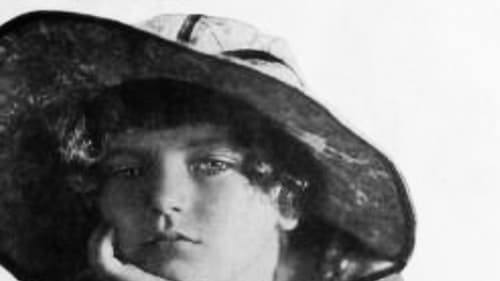
Cinematography
Harry Miller is a "natural-born mixer" while his wife Grace is a homebody, distressed by her husband's errant ways. Grace finds a kindred spirit in Tommy Robbins, who lives in an adjoining bungalow and whose wife Letty is devoted to the cabarets. Harry admires Letty as much as Tommy admires Grace, and suggests to his neighbor that they arrange an exchange of wives. The wives overhear their husbands' plotting to obtain divorces and, still in love with the men they married, conceive a counter-plan of a week of platonic trial marriages. Over the seven-day period, the wives make life so miserable for each other's husbands that the two men gladly return to their respective spouses.

Director of Photography
After Fred, an orphan raised by his wealthy Uncle Oliver marries Clara over his uncle's objections, the two men become estranged. When Fred and Clara's child Paul is six years old, Fred insists that his uncle pay them a visit over Christmas. Uncle Oliver, a very lonely old man, begrudgingly accepts but refuses to behave amicably towards Clara or Paul.

Director of Photography
Spurred on by her young actor friend Pascal, Cricket, a young girl, accepts the starring role in a juvenile play. Her smashing success is overshadowed, however, by the death of her mother.

Director of Photography
A 1917 film directed by Clifford Smith.

Director of Photography
An English orphan, raised by a Persian household, runs away to Paris.

Cinematography
Gabrielle Picard (Elda Hall) and Pierre Dupont (Rupert Julian) are lovers in a small French village in the early 1870s; Gabrielle's brother Anatole (Kingsley Benedict) is Pierre's best friend. The two young men are called to service by their country and go to Algiers. Anatole becomes the bugler and one day when he is commanded to sound the retreat, he sounds for the troops to charge instead. Anatole becomes a hero because of his action, but when the two men make their victorious return home, they find the Picard home ransacked and Gabrielle gone.

Cinematography



